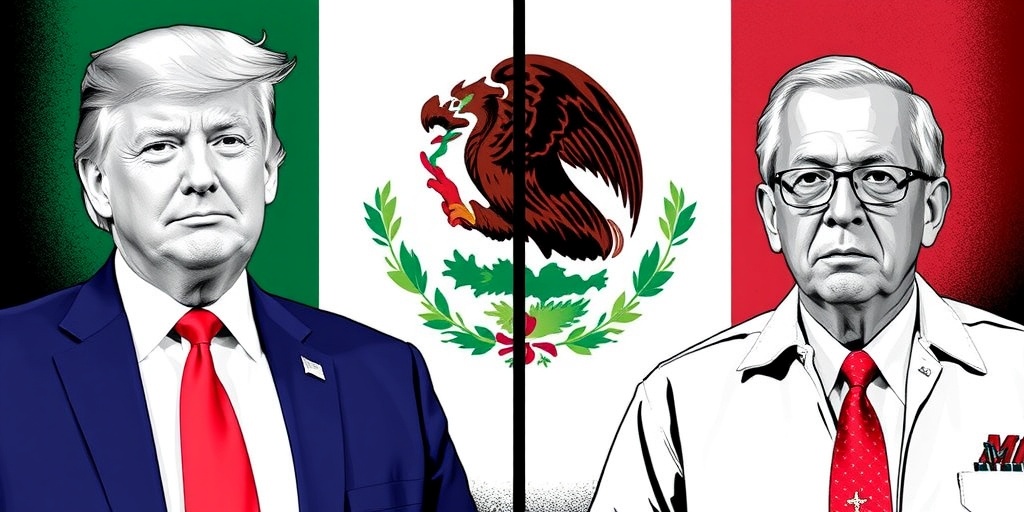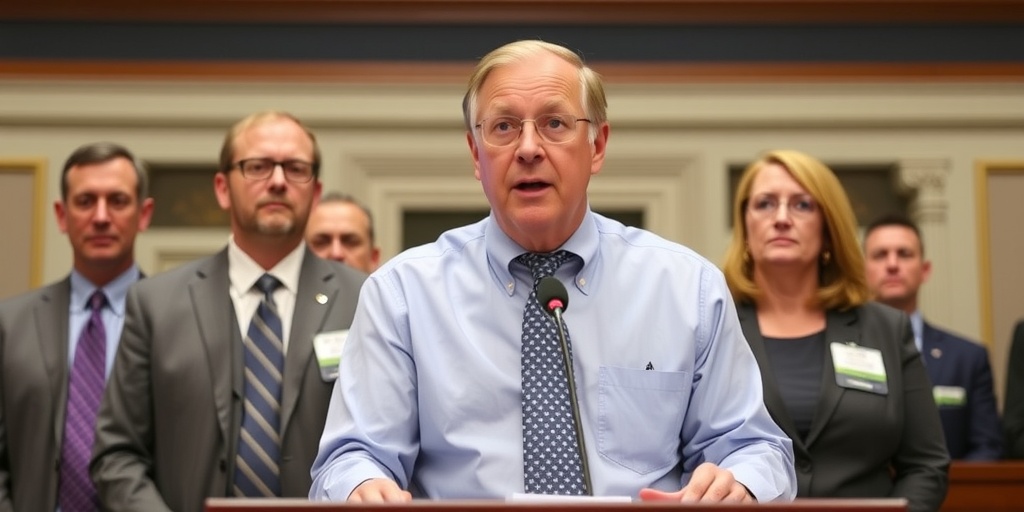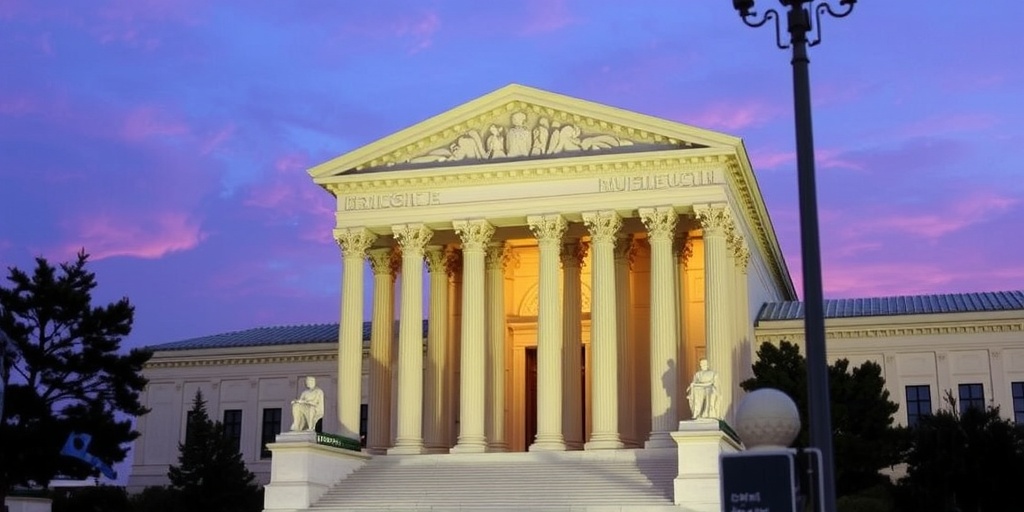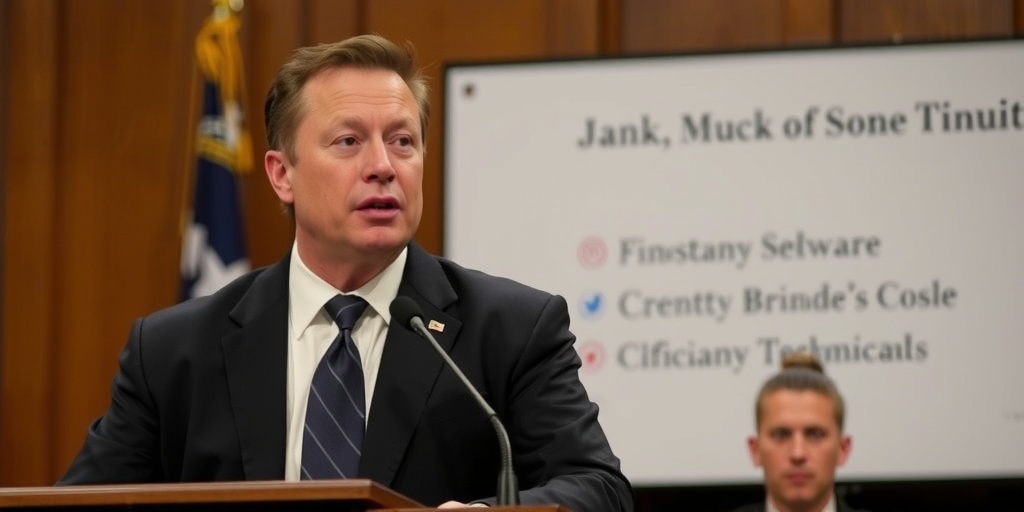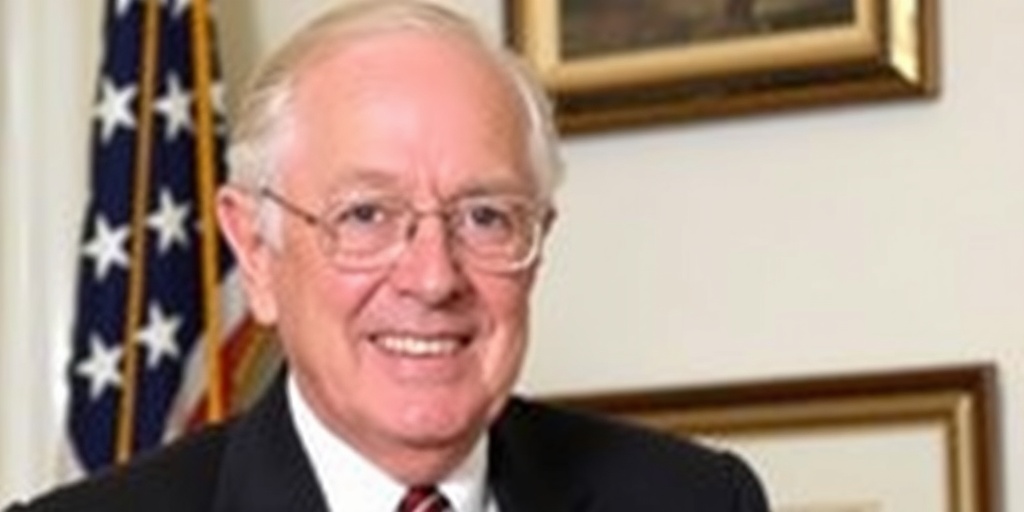Now Reading: Judge Orders Musk and Team to Provide Records and Testify
-
01
Judge Orders Musk and Team to Provide Records and Testify
Judge Orders Musk and Team to Provide Records and Testify
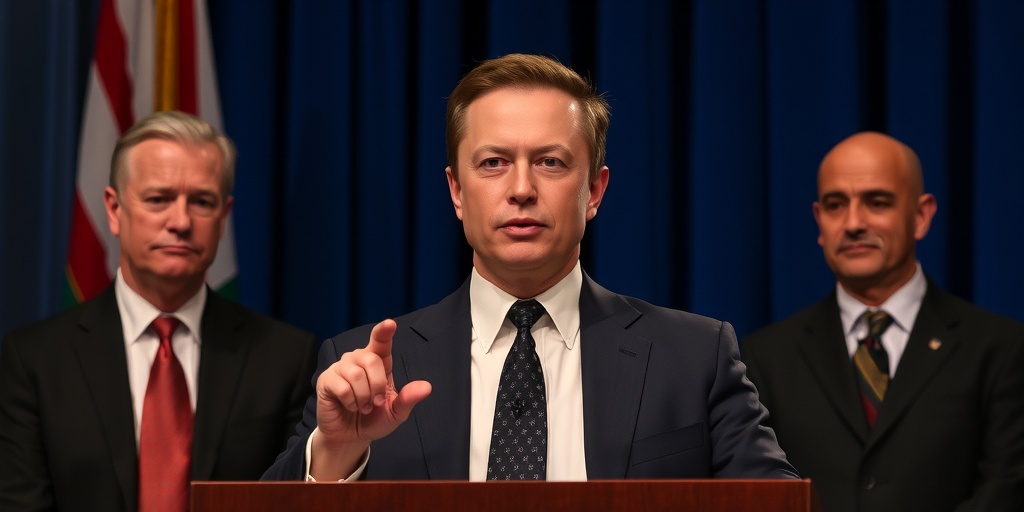
Federal Court Orders Elon Musk to Disclose Documents Related to Government Efficiency Program
In a significant ruling that underscores the ongoing scrutiny of Elon Musk’s involvement in government operations, a federal judge in Washington, D.C., has mandated Musk and his associates in the Department of Government Efficiency (DOGE) to provide critical documents and respond to inquiries regarding their role in orchestrating widespread layoffs and dismantling federal programs. This landmark decision was issued by Judge Tanya S. Chutkan of the U.S. District Court for the District of Columbia.
The lawsuit, initiated by a coalition of 14 Democratic state attorneys general, seeks to uncover the extent of Musk’s influence and authority within the federal government. The plaintiffs argue that Musk’s actions represent a significant overreach and pose a risk to established governmental processes. The ruling marks the first instance where a judicial figure has compelled Musk’s team to participate in a legal discovery process, amplifying concerns about the transparency and legality of Musk’s operations.
The sequence of events that led to this ruling began shortly after Musk’s team gained access to various federal agencies, reportedly demanding access to offices, databases, and additional resources. Responding to these developments, lawyers opposing Musk’s assertions of authority have relied heavily on media reports and anecdotal evidence to piece together the activities of his team, highlighting a troubling lack of oversight concerning Musk’s operations within the government.
Court documents reveal that judges have grown increasingly exasperated over the government’s legal representation, which has struggled to provide clear answers regarding Musk’s team’s interactions with federal data and programs. In another lawsuit, the government downplayed Musk’s role, asserting he was not officially recognized as the leader of DOGE. This apparent ambiguity regarding Musk’s position and the activities of his associates has drawn the ire of the judiciary, prompting calls for greater accountability.
In her ruling, Judge Chutkan acknowledged the plaintiffs’ request for an investigation into Musk’s operations, stating that their inquiry aims to clarify the personnel associated with DOGE and the extent of Musk’s authority—central issues pertinent to the case at hand. The judge emphasized that the information sought is critical in determining whether Musk has exercised unlawful and unconstitutional powers.
While the judge’s order granted several requests from the states, it fell short of their more expansive demands, which included a requirement for two key members of Musk’s team to be deposed. Judge Chutkan did, however, stipulate that Musk and his office must provide a comprehensive range of documents detailing their engagement with federal agencies, employees, contracts, grants, and databases within a three-week timeframe.
This ruling is part of a broader trend observed in various judicial settings, where judges have increasingly sought clarity regarding Musk’s activities and the operations of his team, which have largely operated in secrecy. The lack of transparency has prompted further legal challenges, as representatives from other jurisdictions aggressively pursue additional information about Musk’s governmental engagement.
For instance, in a related case in California, a judge mandated one of Musk’s associates, who had been detailed to the Office of Personnel Management (OPM), to provide testimony about his involvement in directing mass firings of federal employees. This aligns with a growing pattern of judicial intervention, as courts grapple with the implications of Musk’s unprecedented role in government operations.
In another significant development, a judge in Washington recently ruled that Musk’s office must comply with the Freedom of Information Act (FOIA). This ruling requires the office to promptly produce records that a public ethics organization had sought as part of a broader investigation into Musk’s activities and decision-making processes.
The implications of these judicial directives extend beyond the immediate question of Musk’s authority; they raise fundamental concerns about the governance of federal operations and the checks and balances that are supposed to guide interactions between private individuals and government entities. Critics argue that Musk’s aggressive approach to consolidating power within federal agencies could threaten the integrity of public service and dismantle essential programs that serve countless citizens.
As the legal battles continue to unfold, the actions of Judge Chutkan and her colleagues highlight the judiciary’s critical role in maintaining accountability and transparency in government, particularly in an era where private individuals wield unprecedented influence over public institutions. The outcome of these cases could have lasting impacts on the relationship between business leaders and government officials, shaping the future of public service in the United States.
Stay Informed With the Latest & Most Important News
Previous Post
Next Post
-
 01New technology breakthrough has everyone talking right now
01New technology breakthrough has everyone talking right now -
 02Unbelievable life hack everyone needs to try today
02Unbelievable life hack everyone needs to try today -
 03Fascinating discovery found buried deep beneath the ocean
03Fascinating discovery found buried deep beneath the ocean -
 04Man invents genius device that solves everyday problems
04Man invents genius device that solves everyday problems -
 05Shocking discovery that changes what we know forever
05Shocking discovery that changes what we know forever -
 06Internet goes wild over celebrity’s unexpected fashion choice
06Internet goes wild over celebrity’s unexpected fashion choice -
 07Rare animal sighting stuns scientists and wildlife lovers
07Rare animal sighting stuns scientists and wildlife lovers













